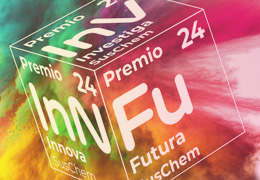
Premios
SusChem
XVII Edición de los Premios Suschem Jóvenes Investigadores Químicos.
Si deseas recibir información sobre nuestras actividades y las noticias más destacadas del sector, pero, además, quieres beneficiarte de todas las ventajas ser miembro afiliado de SusChem - ESPAÑA, no dudes en solicitar tu afiliación a nuestra plataforma.
¡Quiero afiliarme!EU circular economy policy puts the EU economy on the road to transformation to an economic system that uses natural resources in the most efficient way, preserves the value of materials and products by using them circularly, and reduces the negative impact of economic activities on the environment and health. The EU sees the circular economy as an opportunity for resource-poor Europe to secure access to vital resources, maintain global competitiveness and ensure a high quality environment for Europe and the world. Applying circular economy approaches can cut EU industrial emissions, reduce the production of and exposure to hazardous substances and contribute to climate change mitigation.
With its truly symbiotic effects on the economy and the environment, the circular economy is a way of achieving certain UN sustainable development goals (SDGs).
The transition to a circular economy requires a radical change in the way we produce and consume. In a circular economy, products are designed for durability, upgradeability, reparability and reusability, with a view to reusing the materials from which they are made after they reach the end of their life. In the use phase, products are managed with a view to maximising their utilisation capacity and extending their useful life, thus maintaining their value for as long as possible. This is made possible by companies that develop new business models generating revenue streams from services rather than products while making a more efficient use of resources and/or giving new value to end-of-life products and materials. Consumers use products efficiently and discard them in such a way that they can be reused or, if this is technically or economically unfeasible, recycling operators turn them into secondary materials that can enter a new production-consumption cycle.
This needs to be supported by the whole ecosystem, from enabling technologies and infrastructures to a form of market organisation that facilitates collaboration along and across value chains and a form of governance and regulation that encourages companies to adopt circular approaches to social norms that make the
circular production-consumption patterns socially preferable. This paradigm is in contrast with the linear economy which is based on the take-makeuse- discard model. This is a model which maximises the amount of products produced and sold but does not focus on preserving the materials.
Such an approach prevents effective collaboration along value chains and stimulates the throw-away consumer culture with its noxious environmental consequences.

XVII Edición de los Premios Suschem Jóvenes Investigadores Químicos.
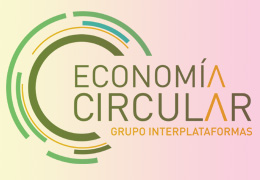
Una iniciativa del GT Interplataformas de Economía Circular.
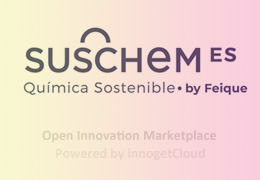
Sistema de ofertas y demandas tecnológicas de SusChem-España con la química sostenible.
DATOS CLAVE I+D+i DEL SECTOR QUÍMICO
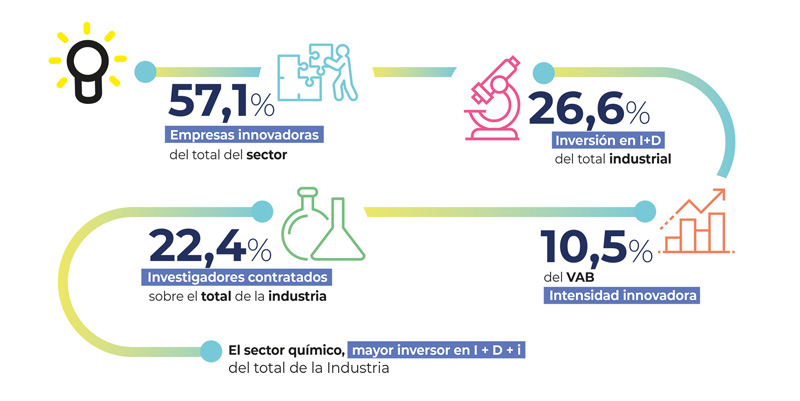
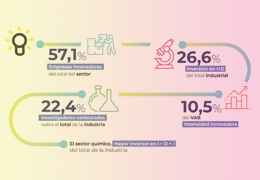
Principales Indicadores de I+D+i del Sector Químico Español. Sector lider que invierte anualmente más de 1.800 Millones de Euros en I+D+i.